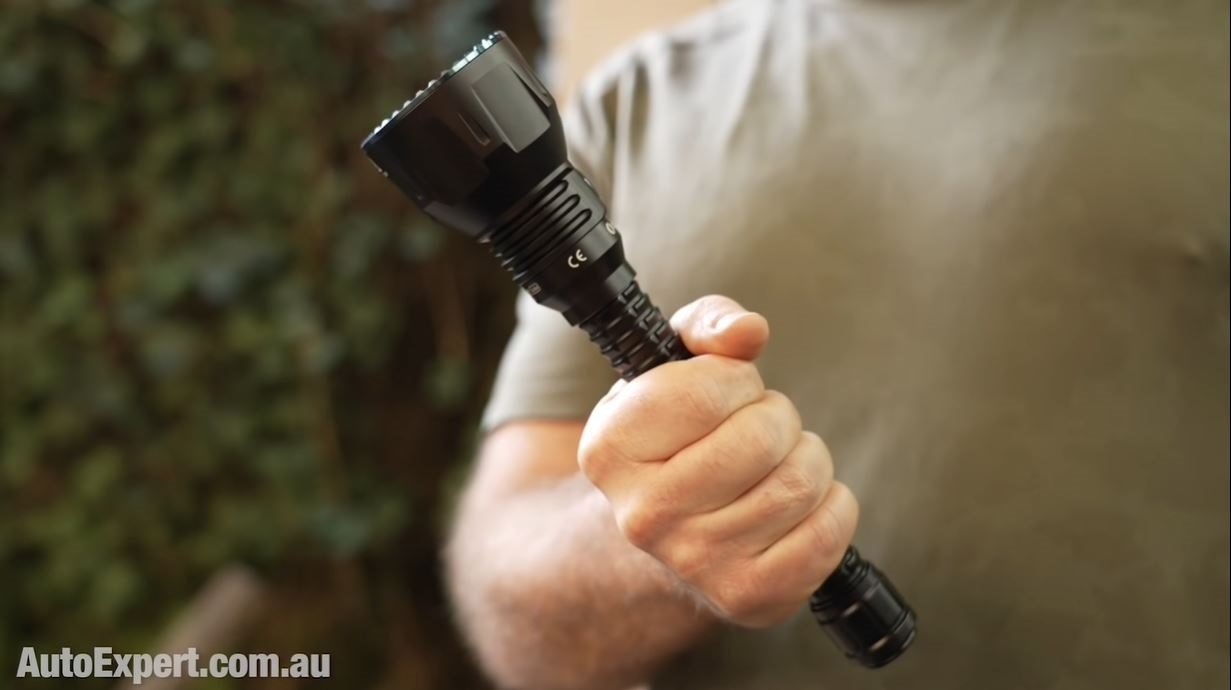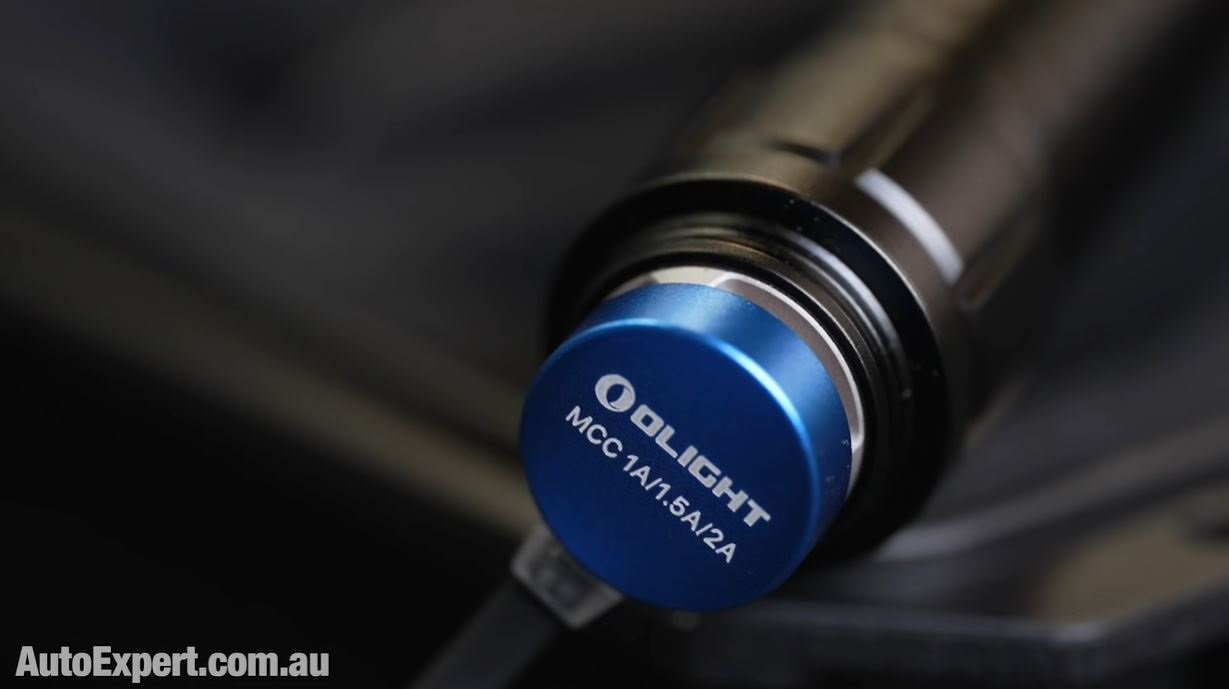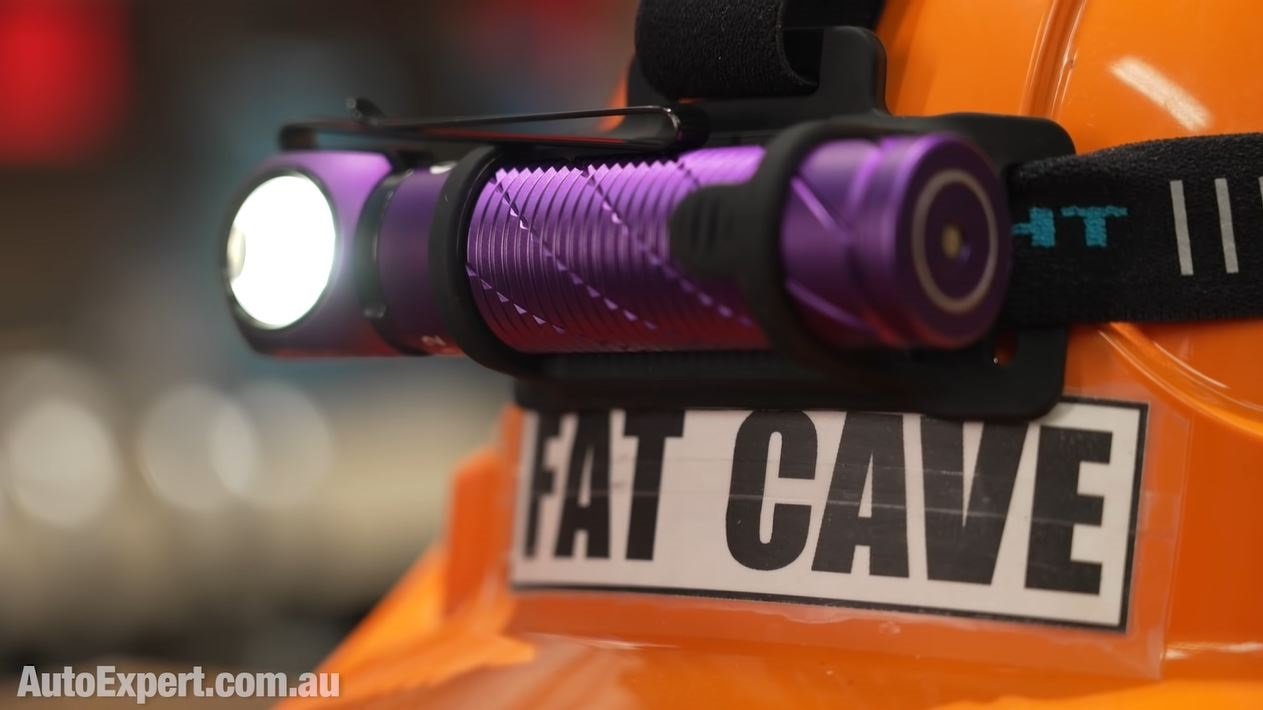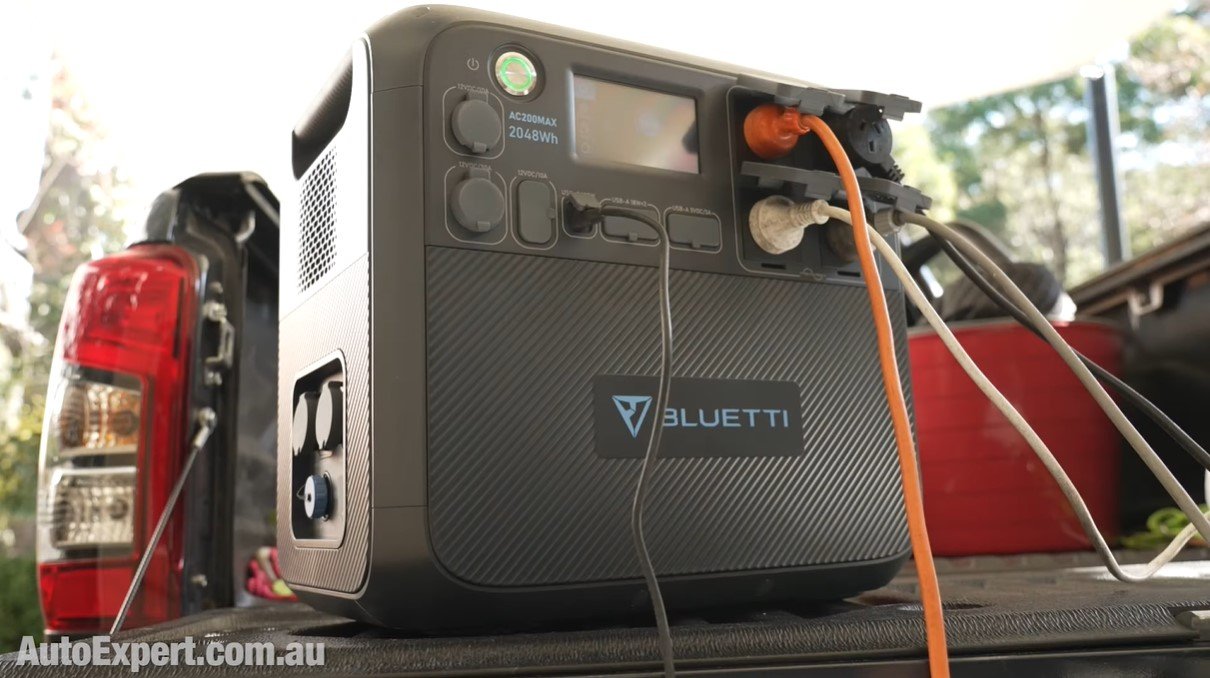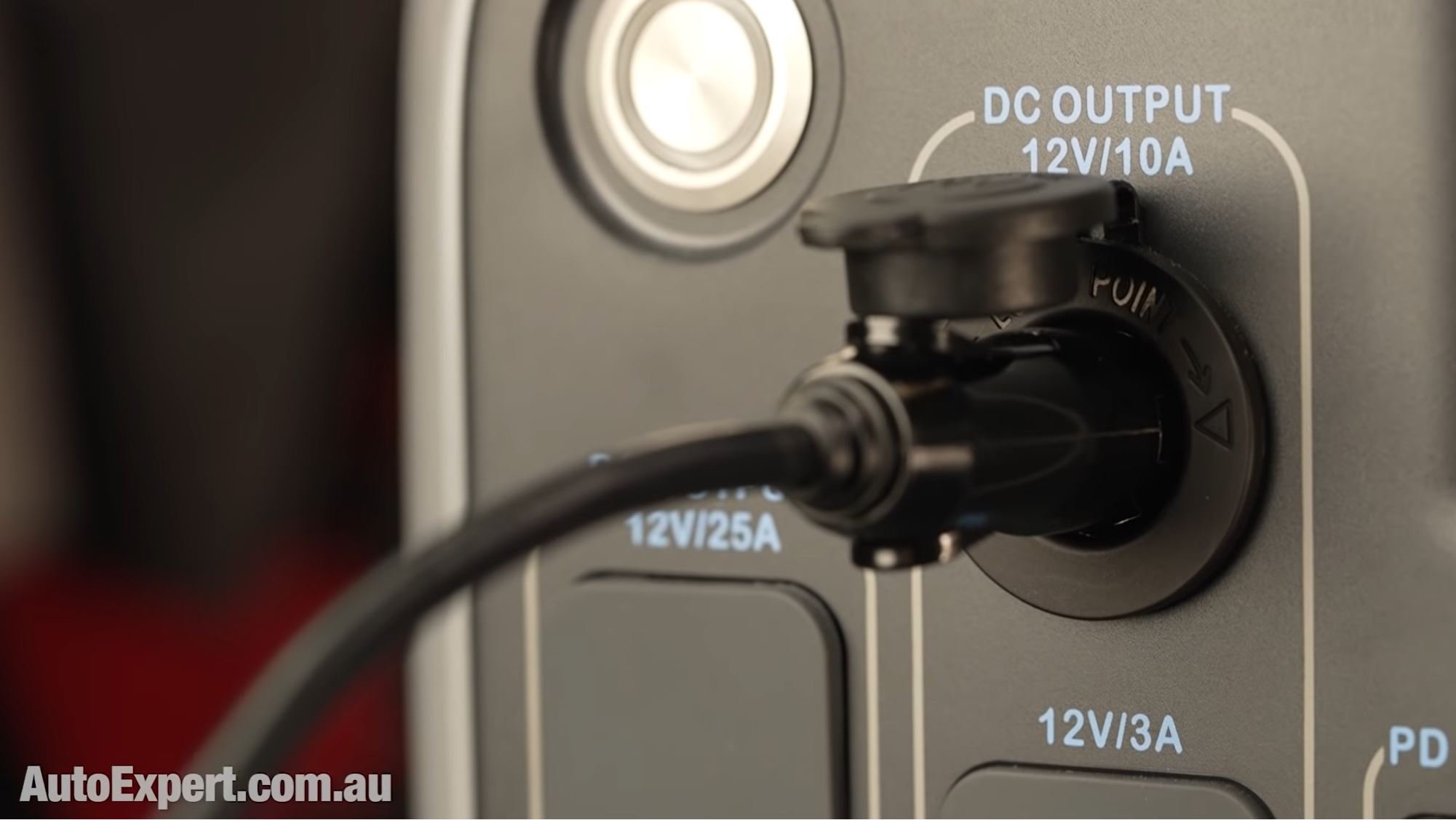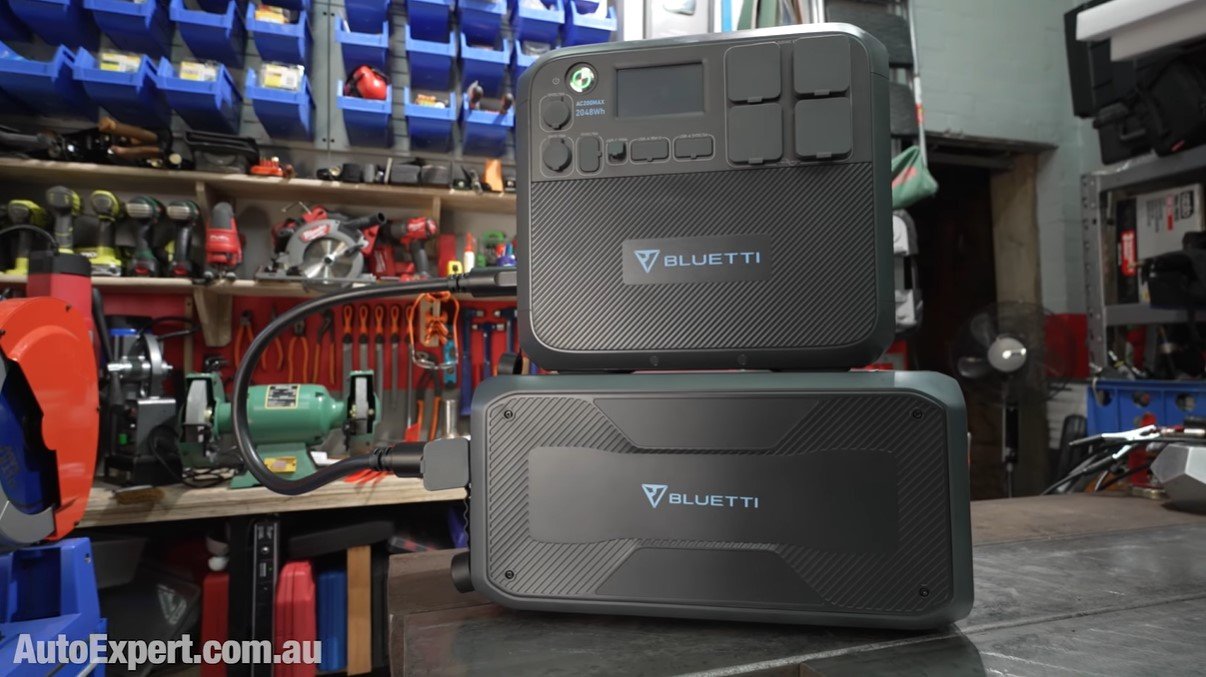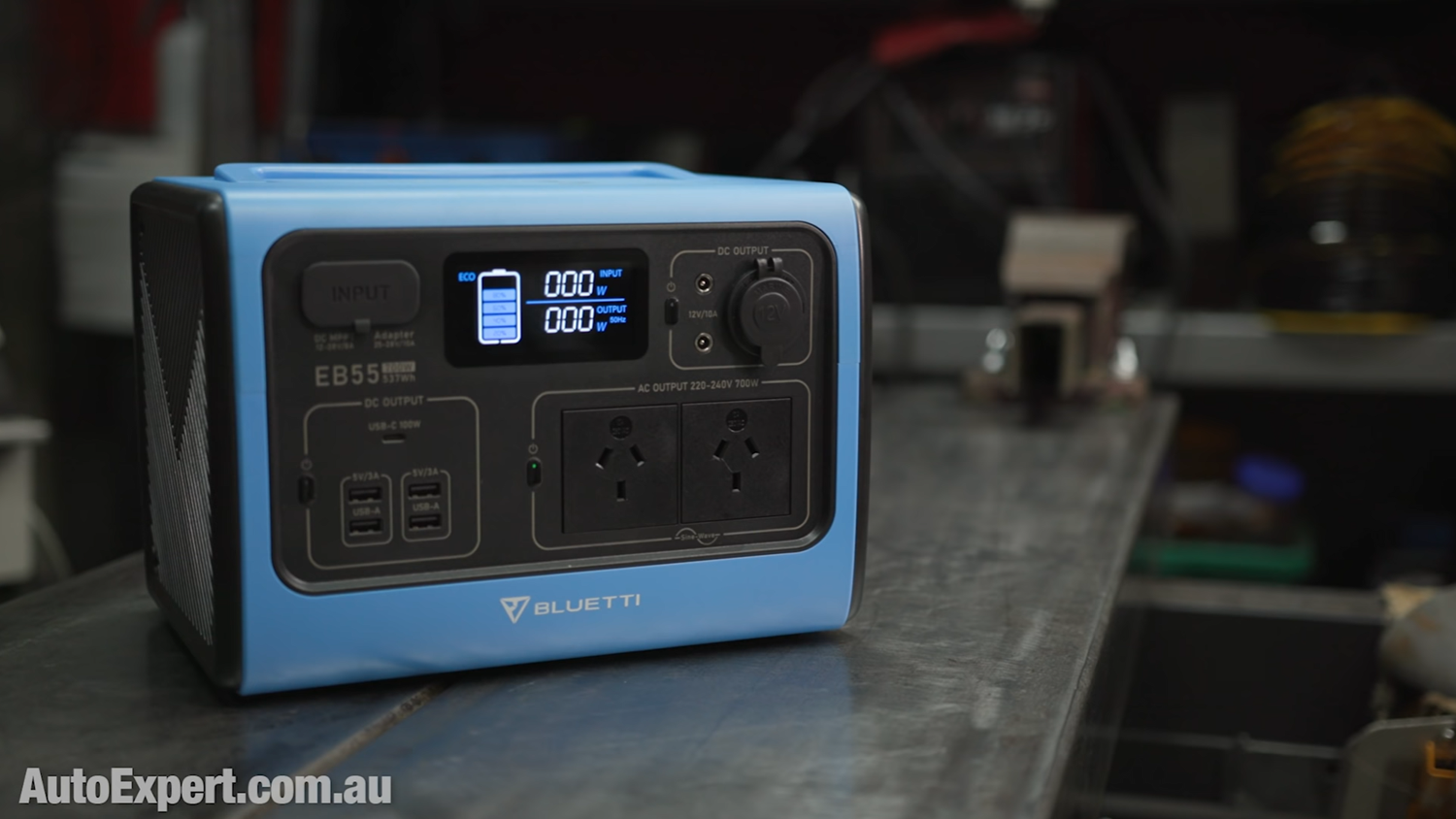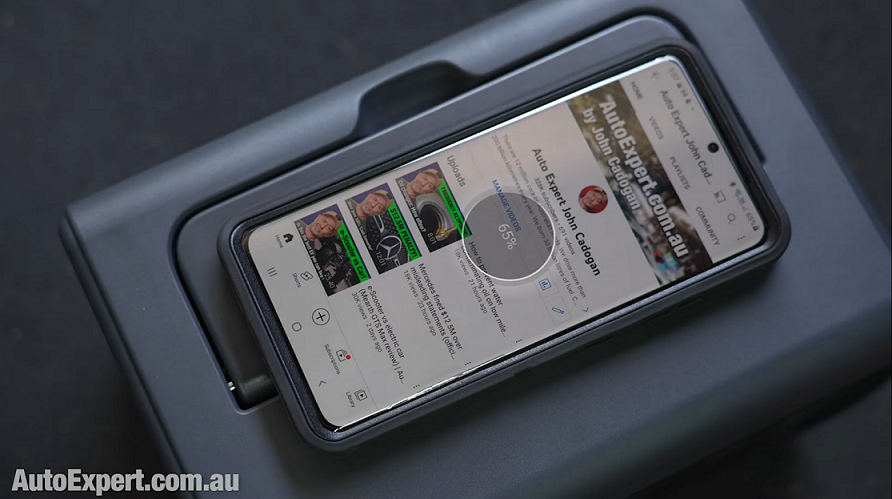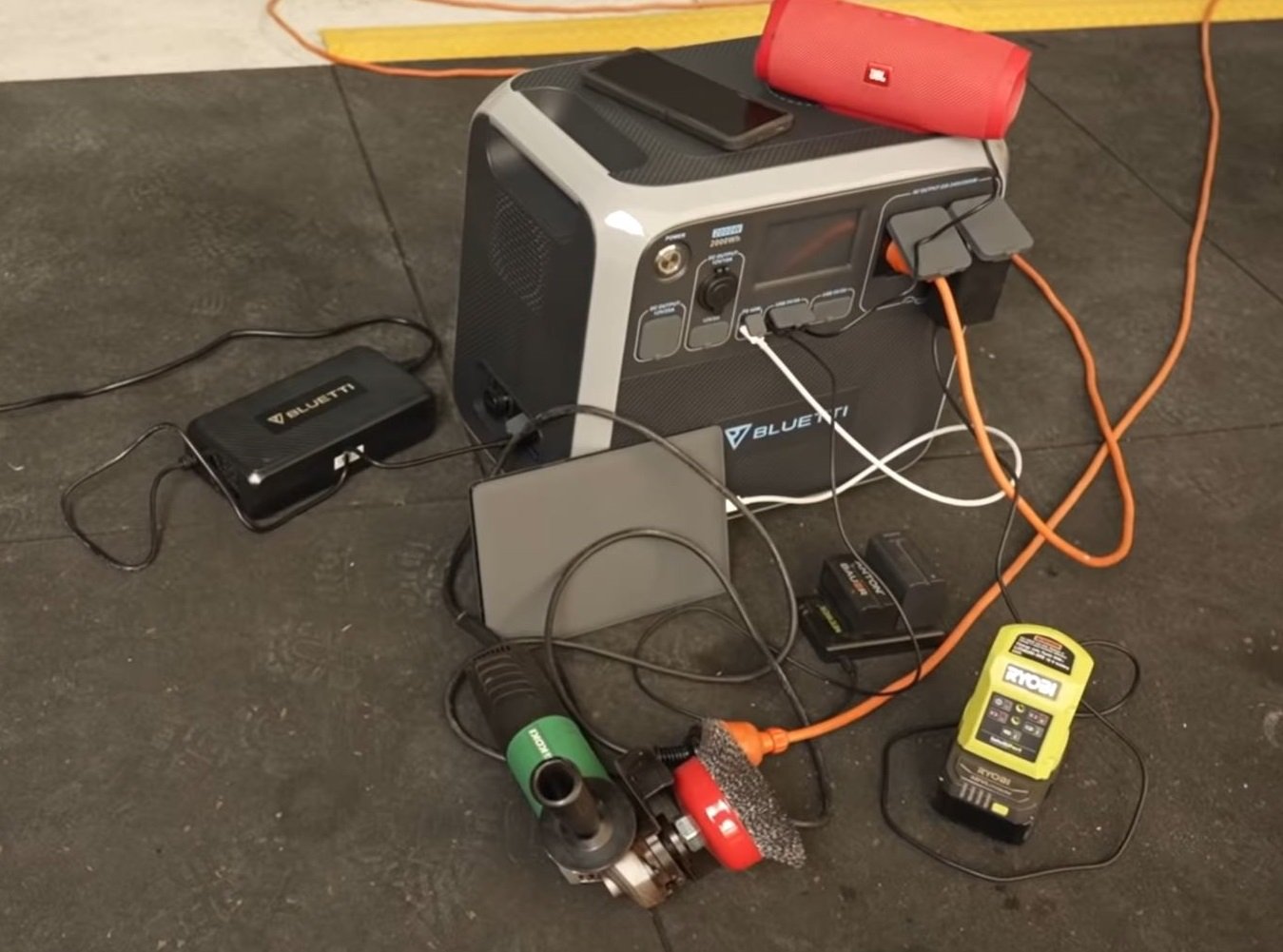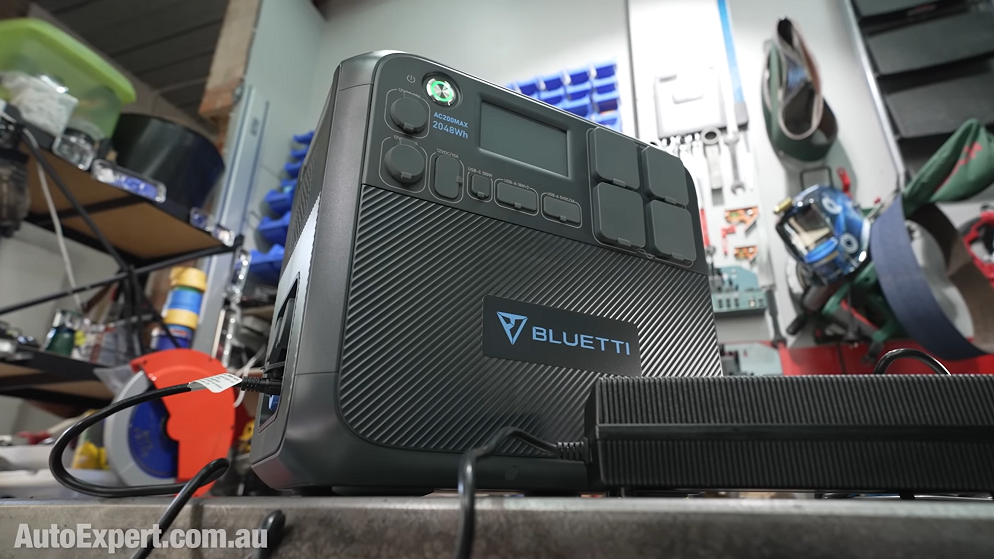EV Sanity Check: Is an electric vehicle really right for you?
Are you really ready to make the jump to an EV after a lifetime of internal combustion? Philosophically, you might be gagging for it and totally good to go, but will the operational practicalities of EV ownership actually transport you to Automotive Hell?
You're ready to divorce yourself from internal combustion. Your heart’s set on an EV. So let's find out if living with one every day is going to be right for how you live... This report is a sanity check, before you drop the big bucks.
There's been an unprecedented surge in inquiry for EVs and plug-in hybrids because of recent changes to the federal government's fringe benefits tax legislation.
What this basically means is if you're eligible for a novated lease, which is also called salary sacrifice, and provided you find the right EV or plug-in hybrid that is below the luxury car tax threshold for green cars (currently $84,916 in the 2022-2023 financial year) then you stand to make a substantial saving. Why? Because you won't pay fringe benefits tax on that car.
What this means is if you go for a conventional combustion or ordinary hybrid car costing $50,000, then you will pay fringe benefits tax. Therefore, the green car is likely to cost you a lot less in terms of the reduction on your take-home pay compared with the reduction on your take-home pay with that notionally cheaper conventional car.
You’re probably asking yourself right now, ‘Should your next car be electric, Is it all over for internal combustion?’ Not really, because we are going to be consuming a lot of diesel for decades to come. But that doesn’t mean you shouldn’t consider the benefits of EV ownership if you pass the sanity check.
Immediately, there are three very good reasons to own an EV.
Clean air for our cities.
This is huge because pollution is a major premature killer of our population. Our cities are our most polluted places, more people live in the city than in any other place in the country, so we need to do something about the quality of the air we all breathe in our cities and EVs are a fantastic way to reduce tailpipe emissions to zero.
National energy security.
We have the capacity onshore to generate, in practice, endless electricity. This has a huge impact on our national energy security if there's some sort of conflict in the world that impacts the supply of oil. Can you think of any currently? Now how about in the past? Get the idea? We are currently very vulnerable to that happening as we’ve learned in 2022. But if we increase EV ownership, we'll be less vulnerable and more mobile during times of geopolitical unrest that could disrupt shipping, storage, refining, production or the economics of relying on oil.
Time filling up.
I drove an EV for a year I really enjoyed it. I never once missed attending a service station. Especially didn’t miss the two for one KitKat meal deal, no matter how provocatively it was offered from time to time.
I'm just not an evangelist when it comes to electric vehicles.
EVs are merely a different kind of powertrain in the kinds of vehicles we already understand. There's nothing magical about them, they're just right for some people and they're not right for others.
Let’s find out if that includes you…
My AutoExpert AFFORDABLE ROADSIDE ASSISTANCE PACKAGE
If you’re sick of paying through the neck for roadside assistance I’ve teamed up with 24/7 to offer AutoExpert readers nationwide roadside assistance from just $69 annually, plus there’s NO JOINING FEE
Full details here >>
AutoExpert DISCOUNT OLIGHT TORCHES
These flashlights are awesome. I carry the Olight Warrior Mini 2 every day - it’s tiny, robust, and super useful in the field or in the workshop. Olight is a terrific supporter of AutoExpert.
Use the code AEJC to get a 12% discount >>
Generators suck! Go off-grid with AutoExpert BLUETTI PORTABLE POWER STATIONS
Need mobile, reliable power? If you’re camping, boating, caravanning or building a dirty big shed in the back paddock, and you need to run a refrigerator, lights, air conditioner, cooking, and/or a bunch of tools - Bluetti has a clean, tidy, robust solution…
Get your AutoExpert free shipping discount here: https://bit.ly/3n62heK
TIME RUNS FORWARD
Charging and operations are the two critical areas that I want to address because they’re going to be the primary functional changes you’re going to experience going from combustion fuel to electrons in a battery.
There are some things there that you might not have considered adequately, like the real-world operational factors. Every EV comes with a standard charging box that plugs into a standard power point and it's going to deliver about 2.3 kilowatts of power to the battery to recharge. Just don't get bogged down with the physics of kilowatts, just think about the number 2.3 worth of power.
So if you only drive 20-50 kilometres every day, 100 kms even, the standard charging box is going to be just fine. But if you come back home with the battery depleted and if you plan on doing that often, then the standard charging situation is going to get outgunned because your battery is going to be demanding 60-80 kilowatt hours or something. If you’ve got a 70kWh battery and you're putting in about 2kWh using the standard box that comes with the car, it's going to take you about 30-35 hours to recharge your EV. If you do that often enough, it's not going to be sufficient, so you're going to have to come up with a better charging option.
The advantage of charging at home, whether it’s using the standard cable and wall outlet that comes with the vehicle or using a dedicated higher output EV recharging box, is the time you’re going to be saving going forward. No more waiting in queues at the service station, no more RSI hand strains holding the nozzle trigger down just to pump fuel in, gone is the standing in line just to pay for said fuel - and say goodbye to the stink of residual fuel on your hands, plus the wasted time trying to find a service station. The time you get back in your life, because your vehicle is charging at home overnight while you’re doing other things, should not be discounted here.
After all, we only live on average for about 4000 weeks. That’s a pretty small number when you perceive it in weeks and consider all the stuff you want to get done in life - and there are no re-runs, no second chances, you can’t have another go. Time only moves in one direction, for us at least. Do you want to be sitting on some Ampol forecourt waiting for the car in front, or do you wanna spend that time with your kids or reading those last few pages of a good book?
PARKING & CHARGING
So, if you do short trips all the time and you're prepared to plug in to a standard power point the moment you get home, then an EV is going to work out just fine for you - provided you can have off-street parking.
See, if you don't have off-street parking, the council is going to get very cranky with you if you drape an extension cord over the footpath or through the trees and into your car. That's going to be frowned upon. Apart from being a tripping hazard, it's kind of dangerous if there's a heavy dew overnight or if it rains, you're going to have to make sure that the extension cord is protected by a safety switch/core balance relay/residual current device (same thing, three different names).
You'll need that kind of protection as you should have for every circuit in the house such as air conditioners, the stove, the lights, the outdoor power point or high capacity EV charge box we discussed above. You're going to need to figure out this on-street charging solution if you can't parking in your own driveway or in an internal shared carpark between other residents in your conjoined property.
You're gonna have to think about alternative charging setups like maybe convincing the boss if there's some sort of push to get EVs into the fleet at work, then you might be able to charge up at work - maybe there’s an outlet in the underground carpark you can use. Otherwise, you'll have to find a public charger and frankly, current public charging infrastructure in Australia sucks.
OPERATING YOUR EV
EVs are particularly good at short city-type trips. If you go to the shops, to the station, to the office, dropping the kids off at school, mum's taxi - fantastic.
But when you go regional areas, the charging proposition gets much more complex. If you do the same regional trip all the time, like from Sydney to Canberra monthly, you can be fairly confident that your EV will get the full way to Canberra, but if not, that's easy because you can stop in Goulburn where there are three chargers, for example. Same goes Melbourne to Geelong or Bendigo or Shepparton, where there are options including fast chargers, so you can just stop, get a coffee, stretch your legs for half an hour and get to your destination easily.
But if you've got the kind of life where you're traveling to regional place A, then to regional place B, or somewhere complicated like closer to a border or a slightly more remote area, then that regional travel becomes complex. It requires a complex amount of logistical planning just to recharge your vehicle; you might have to consider things like overnight stays at motels potentially, allowing yourself much greater time envelopes in which to get there and return home. There’s also the inherent increase in risk as you make your days longer with greater cognition required to do your job and get your recharging strategy right.
You're going to need chargers that are available and operational. So if the charger is connected to a business and that business is closed from close-of-business Friday until start-of-business Monday - which is entirely possible in regional areas, even with things closing by 5pm unlike in the city - you could find yourself in a logistics pickle. If you happen to arrive on a Saturday morning and the charger’s shut off - that’s going to get old very quickly.
So there's a whole bunch of complexity in planning for regional trips, especially random ones. In that situation, a plug-in hybrid might be much better because a plug-in hybrid is the kind of vehicle that can be operated as if it's an EV for your short running around home or in the metro area, but then if you need to do that random regional driving once a month once or once a week, then you can just operate it on petrol.
Like the 2022 Mitsubishi Eclipse Cross PHEV >> Click here for my full review and eco analysis.
Another operational spanner in the works is going to be needing to charging, but when you get to a location having been identified as ‘operational’ on whichever EV charging app you use, only to find it’s faulty despite having been reported as good to go.
If this happens, you'll find that you can't get to another charger because you're strung out in terms of remaining battery capacity, such that your range is inadequate to get you to other charging locations. When that happens you've got to find a motel and you've got to run an extension cord out the window to use the standard charger - at which point you’ll see the indicated recharge time is much higher than what you’d hoped, just to render the vehicle useful again. If you're on a timetable, this is going to get frustrating.
PURCHASING, SAVINGS AND TAX
When it comes to actually buying the vehicle, there is also the financial limit of the luxury car tax threshold. Currently, for green cars in the 2023 financial year, the limit is $84,916. So it really depends on the precise car that you buy. For more on this, see my buying an EV in 2023 special report on novated leasing, because electric vehicles just got much cheaper and you could save thousands…
Finish the EV sanity checklist by watching the full report at the top of this page, or click on the links below to keep researching whether an EV is the way you wanna go buying your next new car…







